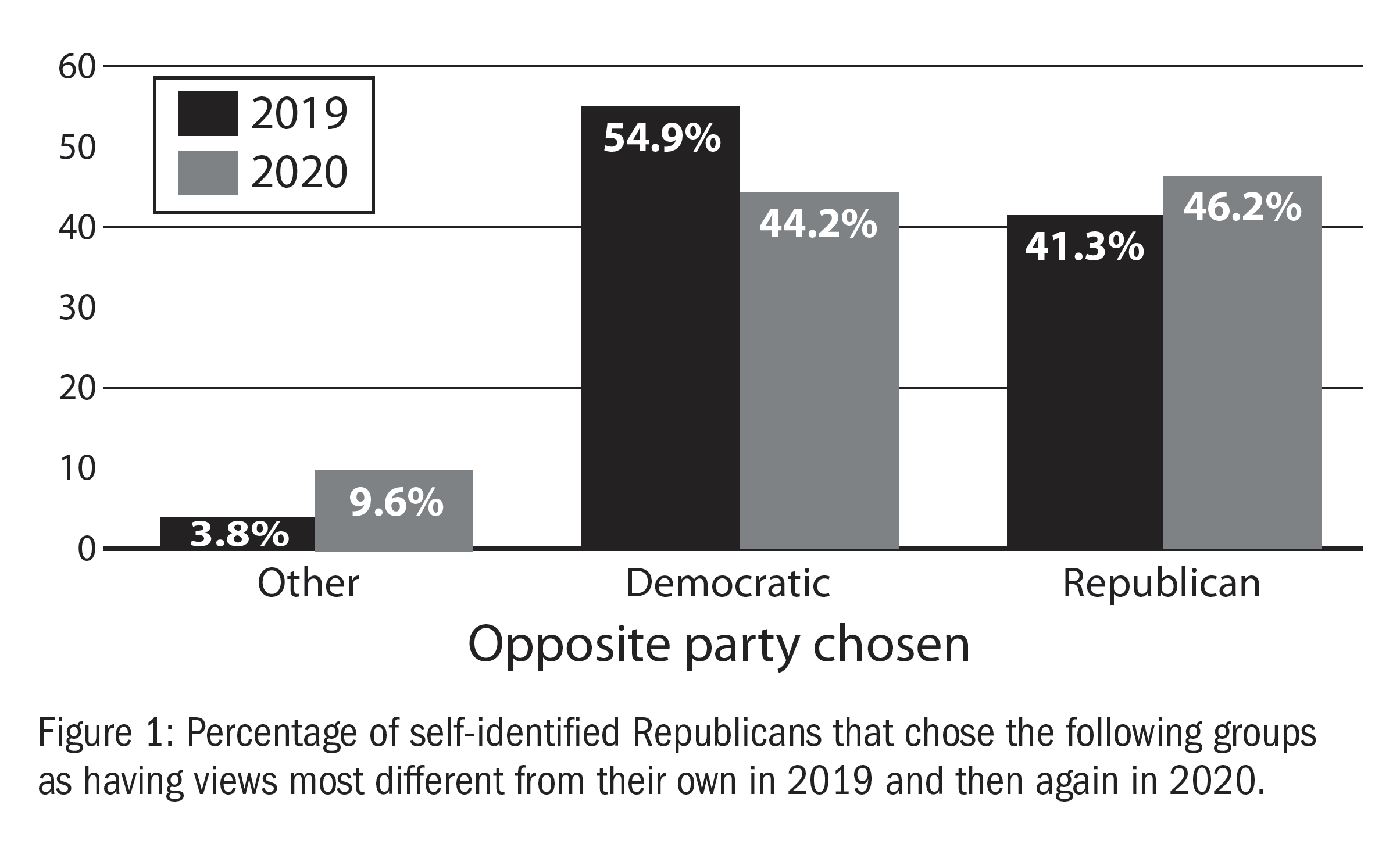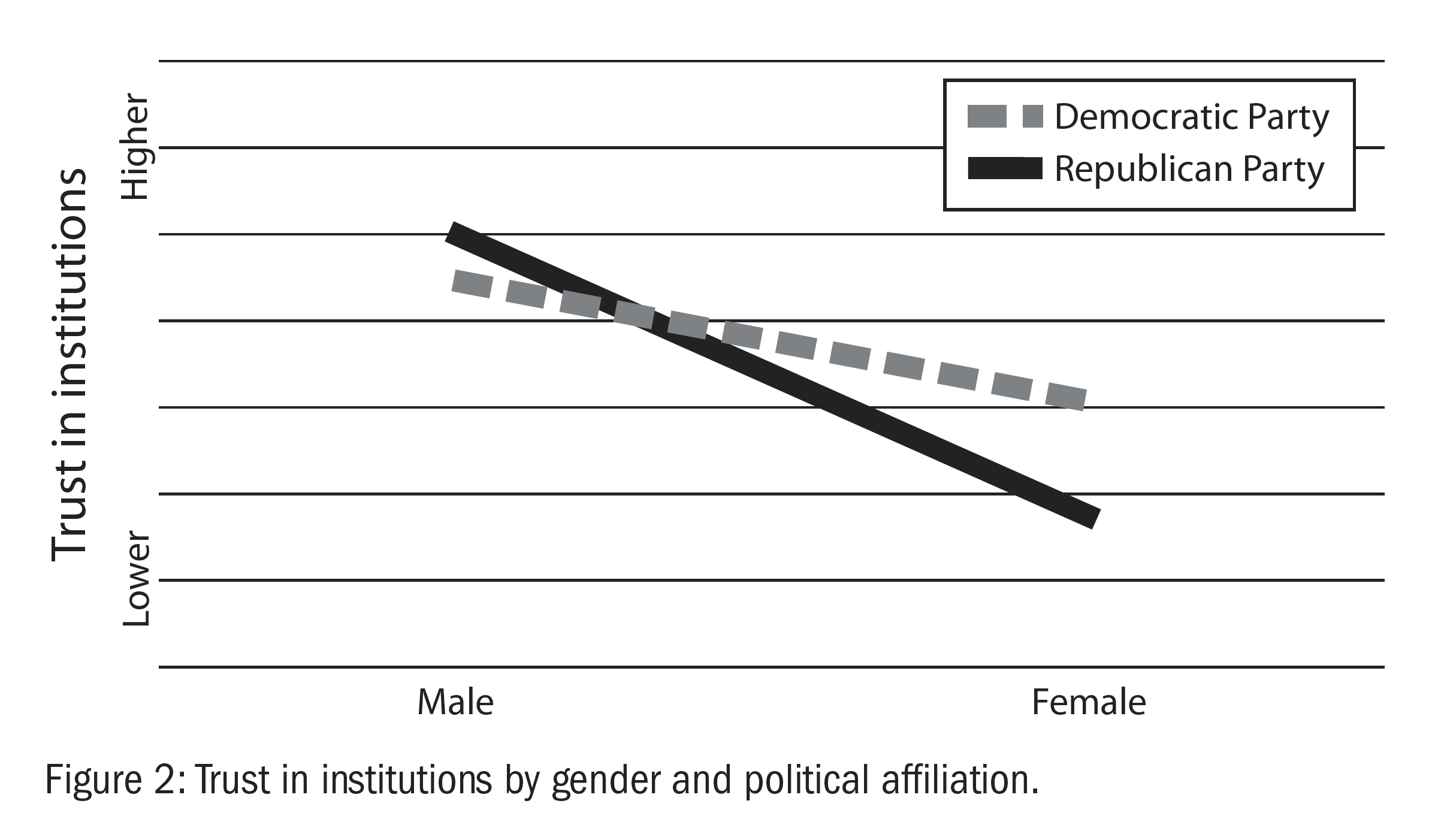Shermer and Vyse discuss: What is a delusion? • veridical perception • perceptual illusions and irrationalities • Kahneman vs. Gigerenzer: rationality, irrationality, and bounded rationality • Rational Choice Theory and Homo economicus • William Clifford v. William James: When is it ok to believe anything upon insufficient evidence? • pragmatic truths, 3 conditions: living hypothesis, forced question, momentous • death and delusion: Is it useful to believe death is not the end of consciousness and self? • paradoxical behavior and the search for underlying reasons for our actions • rational irrationalities • self delusions — that is, delusions about the self • optimism and overoptimism • depressive realism • bluffing self and others • lies vs. bullshit • self-control, will power, and time discounting • status quo bias • superstitions, rituals and incantations • faith and religion • delusion in love and marriage • brainwashing and influence (Stockholm Syndrome, etc.) • conformity, role playing, obedience to authority, and the banality of evil • the core of personality and the constructed self • free will and determinism.
Psychologist Stuart Vyse’s new book, The Uses of Delusion, is about aspects of human nature that are not altogether rational but, nonetheless, help us achieve our social and personal goals. In his book, and in this conversation, Vyse presents an accessible exploration of the psychological concepts behind useful delusions, fleshing out how delusional thinking may play a role in love and relationships, illness and loss, and personality and behavior. Throughout, Vyse strives to answer the question: why would some of our most illogical beliefs be as helpful as they are? Vyse also suggests that evolutionary pressures may have led to the ability to fool ourselves in order to survive.
Although reason and rationality are our friends in almost all contexts, in some cases people are better off putting reason aside. In a number of very important situations, we benefit by not seeing the world as it is, and by not behaving like logic-driven machines. Sometimes we know we aren’t making sense, and yet we are compelled to act against reason; in other cases, our delusions are so much a part of normal human experience that we are unaware of them. As intelligent as we are, much of what has helped humans succeed as a species is not our prodigious brain power but something much more basic.
Stuart Vyse is a behavioral scientist, teacher, and writer. He taught at Providence College, the University of Rhode Island, and Connecticut College. Vyse’s book Believing in Magic: The Psychology of Superstition won the 1999 William James Book Award of the American Psychological Association. He is a contributing editor of Skeptical Inquirer magazine, where he writes the “Behavior & Belief” column, and a Fellow of the Association for Psychological Science and of the Committee for Skeptical Inquiry.

